Low estrogen levels in women can manifest in a variety of unpleasant symptoms, including:
severe fatigue
mood swings
sore joints
vaginal dryness
difficulty with concentration
hot flashes & night sweats
There are plenty of reasons to be concerned about your estrogen levels — but don't worry! With the right lifestyle adjustments, you can get back on track and feel like your old self again. Here are a few tips to help you restore your estrogen levels:
1. Get Lab Testing Done.
Estrogen levels can be checked with a simple lab test, so make sure to consult a physician that understands how to test for estrogen properly. Get your lab test scheduled as soon as possible so you can learn exactly what's going on inside your body and how to address any potential issues.
2. Consider Bio-identical Estrogen Replacement Therapy (BHRT).
BHRT is a safe and effective way to restore your body's natural balance of hormones and treat low estrogen, enabling you to take advantage of the benefits of proper estrogen levels with low potential for any adverse side effects.
3. Make Lifestyle Changes That Promote Longevity.
Sticking to a healthy diet, exercising regularly and getting adequate sleep are all essential for keeping your hormones in balance. Eating a balanced diet rich in essential nutrients can help ensure that you're getting enough of the vitamins and minerals you need to support proper hormone levels.
By making these simple changes, you can look forward to seeing positive health benefits in no time. Do not hesitate to take charge of your own health – you deserve it!
Good luck on your journey to restoring balance and vitality. With the right knowledge and dedication, you can ensure that your estrogen levels remain where they need to be for optimal health and longevity.
